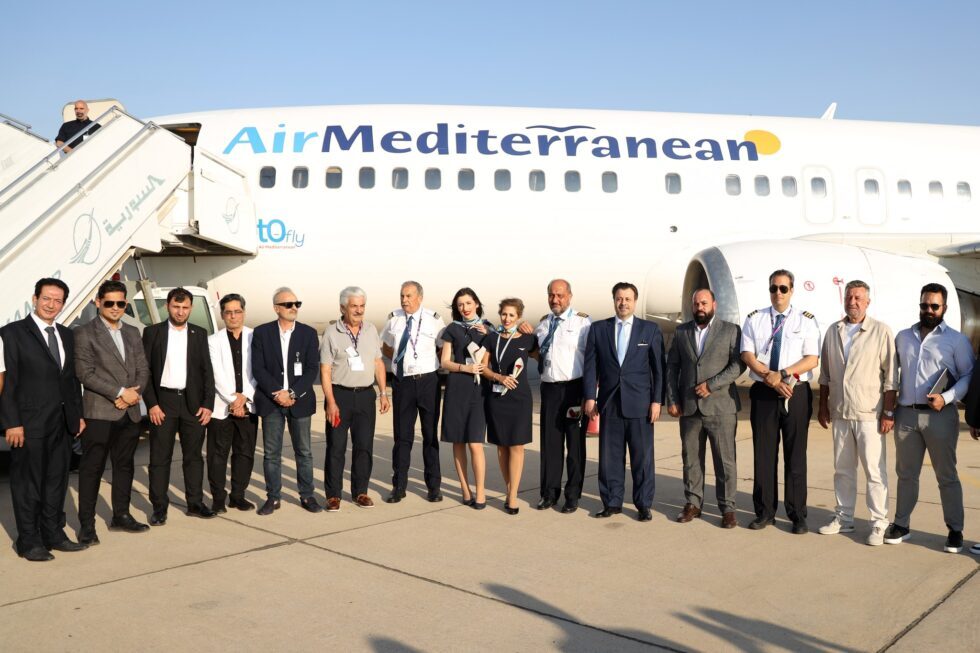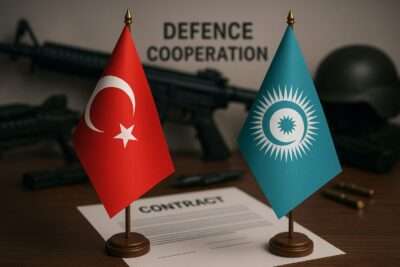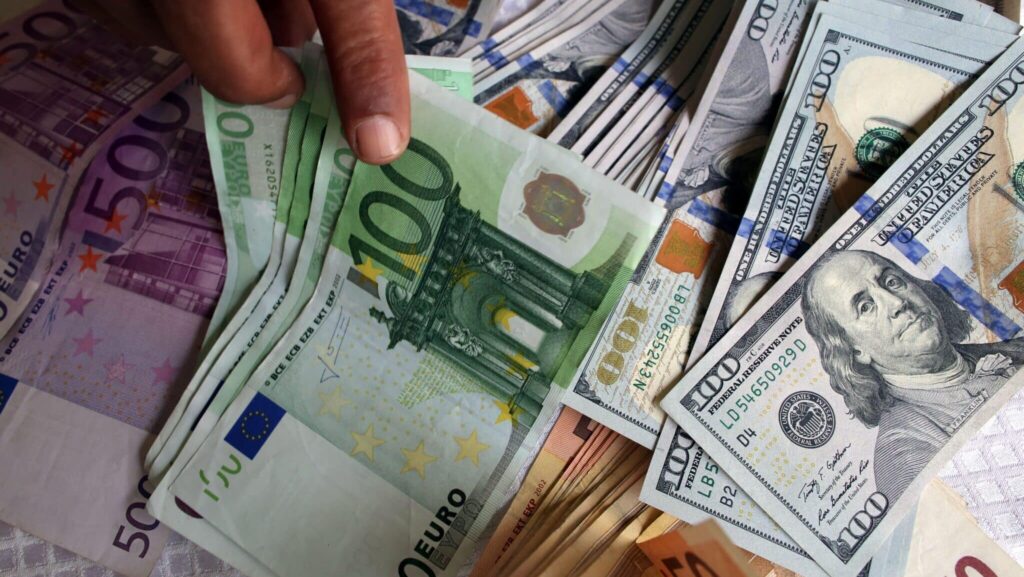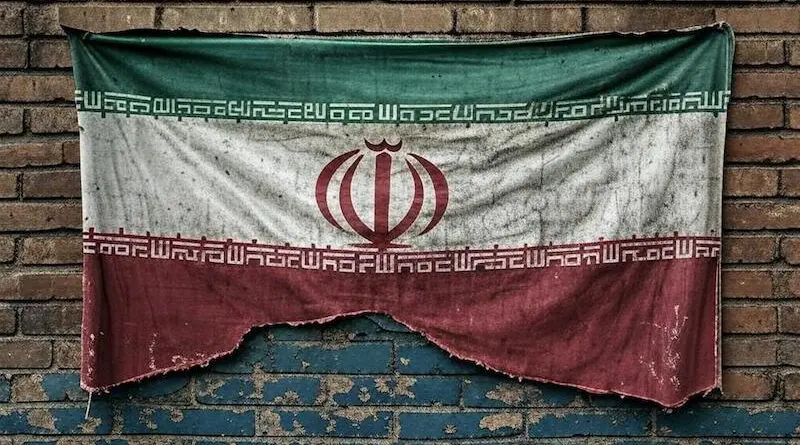Mazloum Abdi Expresses Commitment to Decentralization and Concerns Over Syrian Government Integration – The Syrian Observer
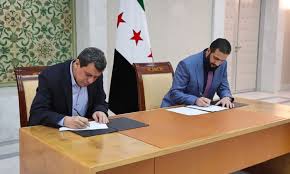
On July 29, 2025, Mazloum Abdi, commander of the Syrian Democratic Forces (SDF), reiterated his commitment to a decentralized governance model for northeastern Syria while expressing concerns about the integration of SDF institutions into the Syrian state. In an interview with Al-Arabiya, Abdi emphasized the importance of constitutional guarantees to address apprehensions among SDF components, particularly following recent sectarian violence. This article outlines Abdi’s stance on the March 10, 2025, agreement with the Syrian transitional government, the challenges to its implementation, and the broader implications for Syria’s unity and Kurdish rights.

